LeetSwap, a prominent decentralized exchange operating on Coinbase's Base network, has been struck by potential security threats. On August 1, the exchange posted a worrisome message on Twitter, revealing its fear that the security of some liquidity pools might be in jeopardy.
Following an initial investigation, LeetSwap decided to temporarily halt trading to delve into the potential compromise further. They engaged on-chain security experts to uncover the facts and possibly recover locked liquidity. The details remained scant, but the crypto community, including multiple blockchain security firms, jumped in to analyze what had happened.
The head of research at algorithmic market maker Wintermute, Igor Igamberdiev, offered an insightful observation. He believed that the attacker found a vulnerability in an exposed smart contract function. By exploiting this function, the perpetrator was able to manipulate the price of a particular token, which then opened a pathway to drain wrapped Ether (ETH) from LeetSwap's liquidity pools. It amounted to 342.5 ETH or $630,000.
Igamberdiev's theory gained traction, with leading blockchain security companies like PeckShield, Beosin, BlockSec, and CertiK concurring with his findings. They all publicly confirmed the theory and the monetary figure associated with the exploit.
LeetSwap, in a subsequent update about 90 minutes after announcing the trading stoppage, announced its collaboration with security experts. The primary focus: finding a way to retrieve the compromised liquidity.
This incident wasn't the only Base-related controversy of the day. In another case, the developer of a Brian Armstrong-themed memecoin called BALD allegedly pulled out liquidity from the token, causing a sudden price drop. Despite the allegations of an exit scam, the project developer firmly denied any wrongdoing.
LeetSwap's episode is a stark reminder of the challenges and vulnerabilities that are still present within the decentralized exchange environment. As the industry continues to grow, security remains paramount, with events like this underscoring the importance of continuous vigilance and advancements in protection mechanisms.





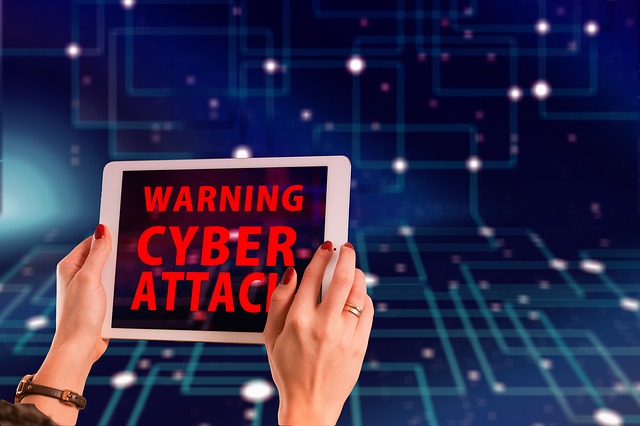
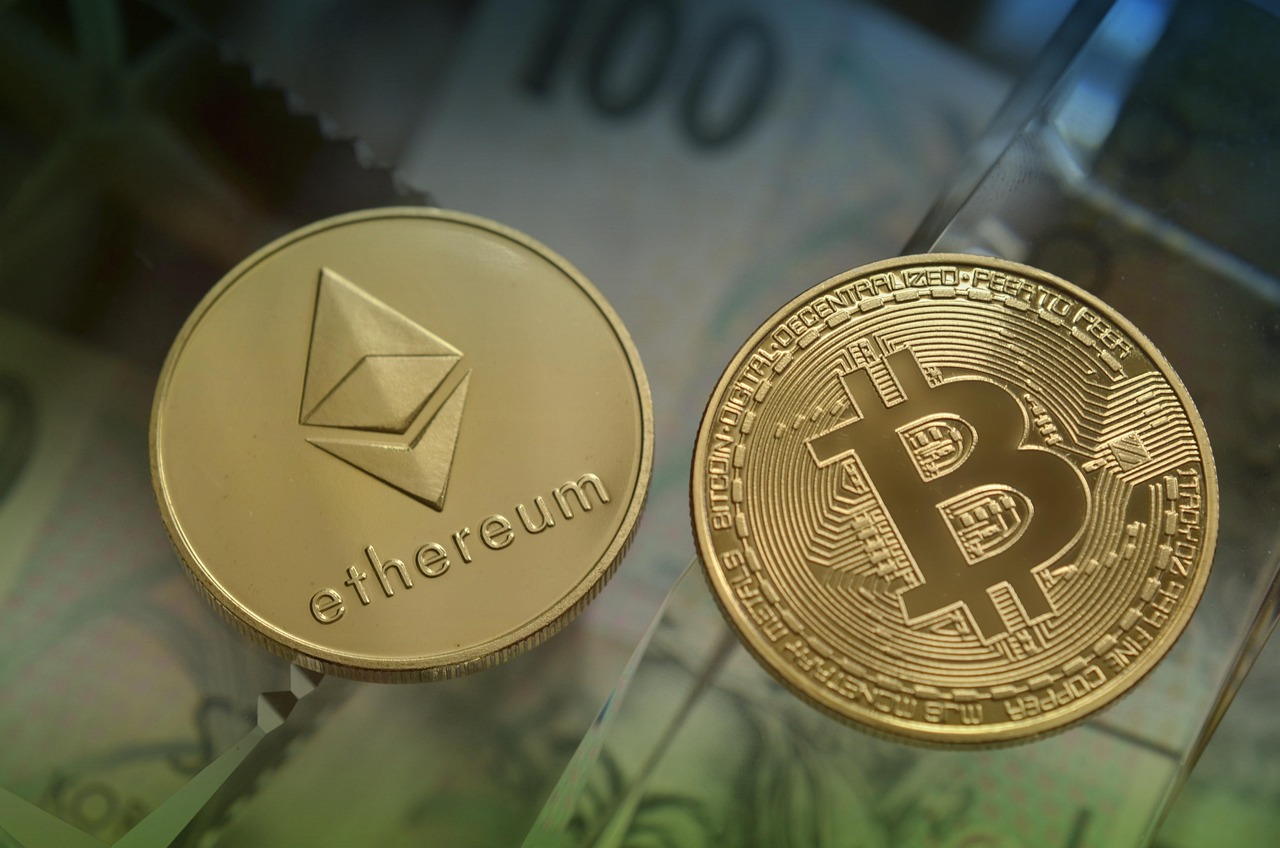
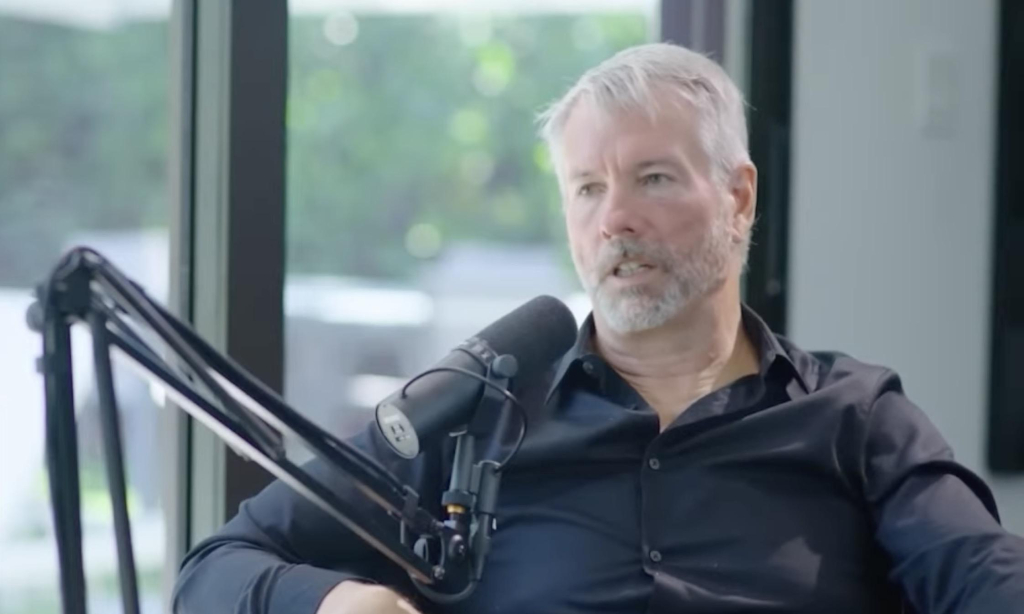
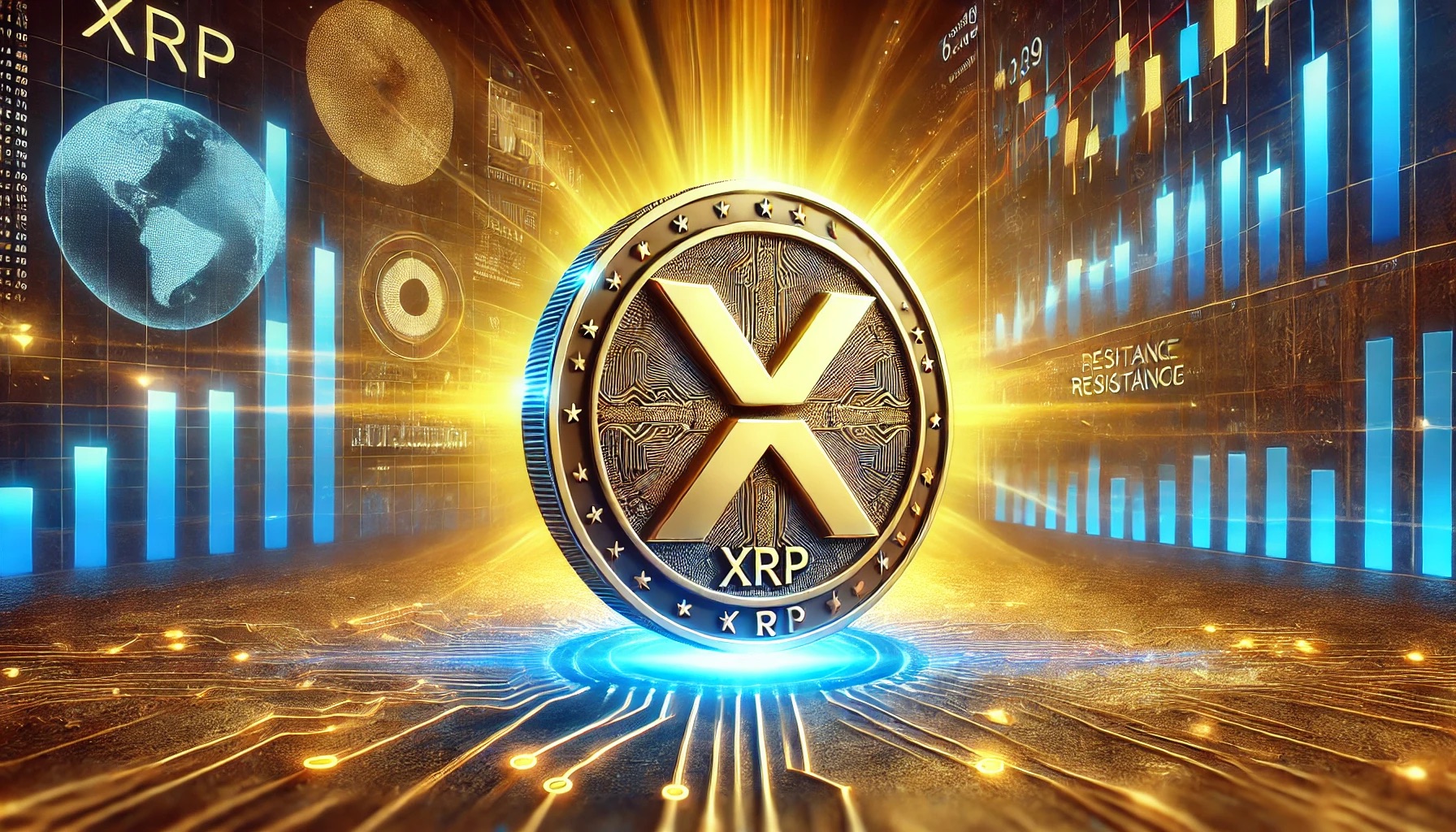


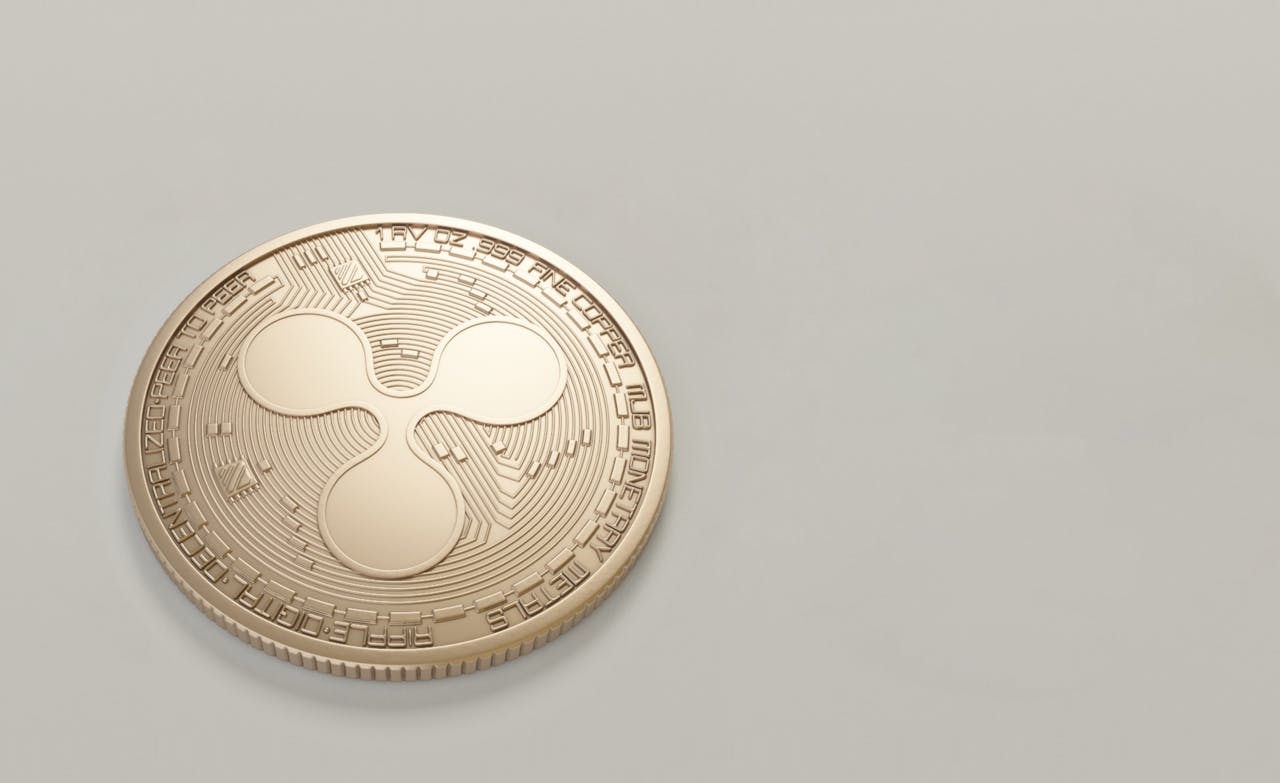





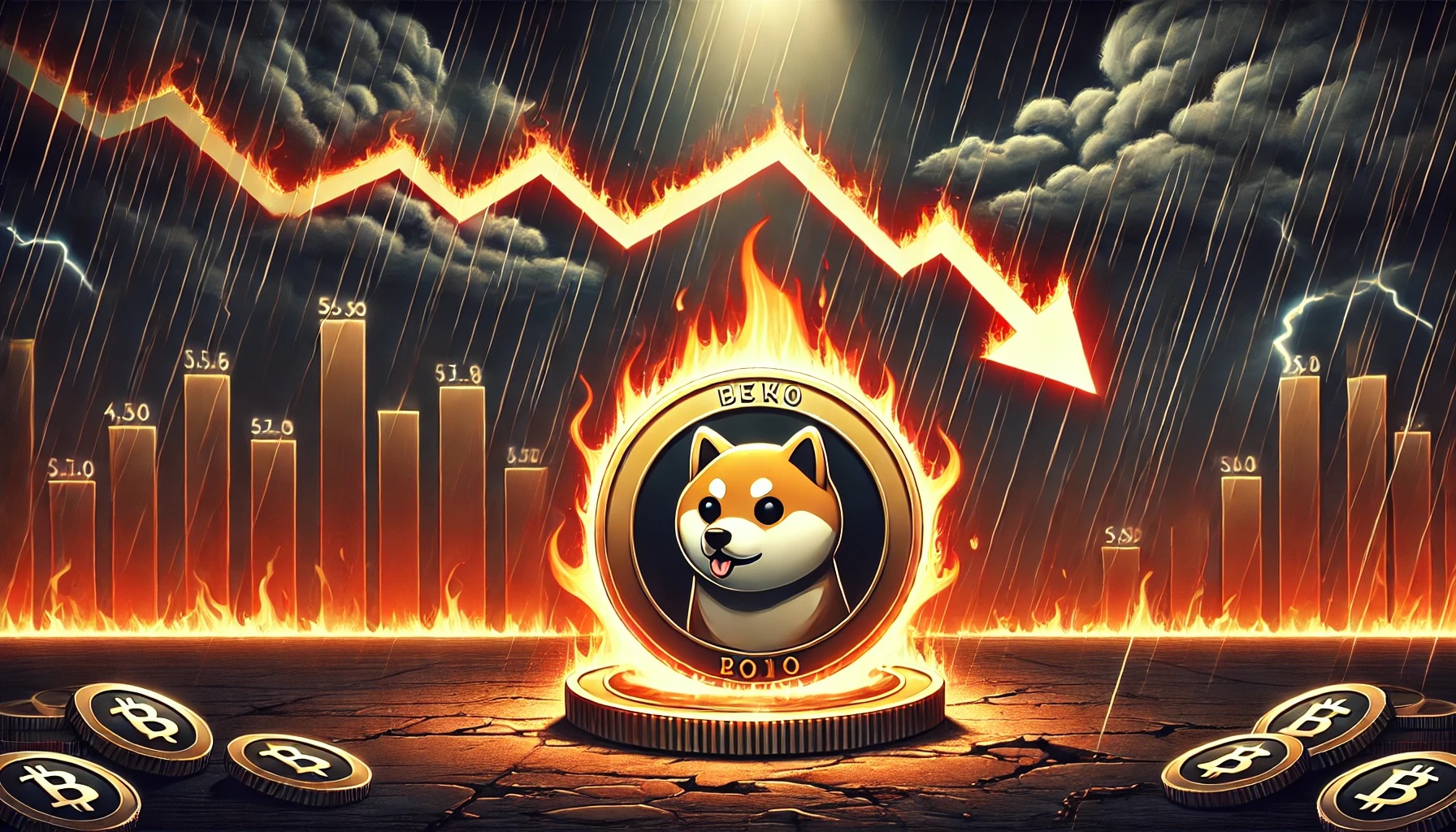


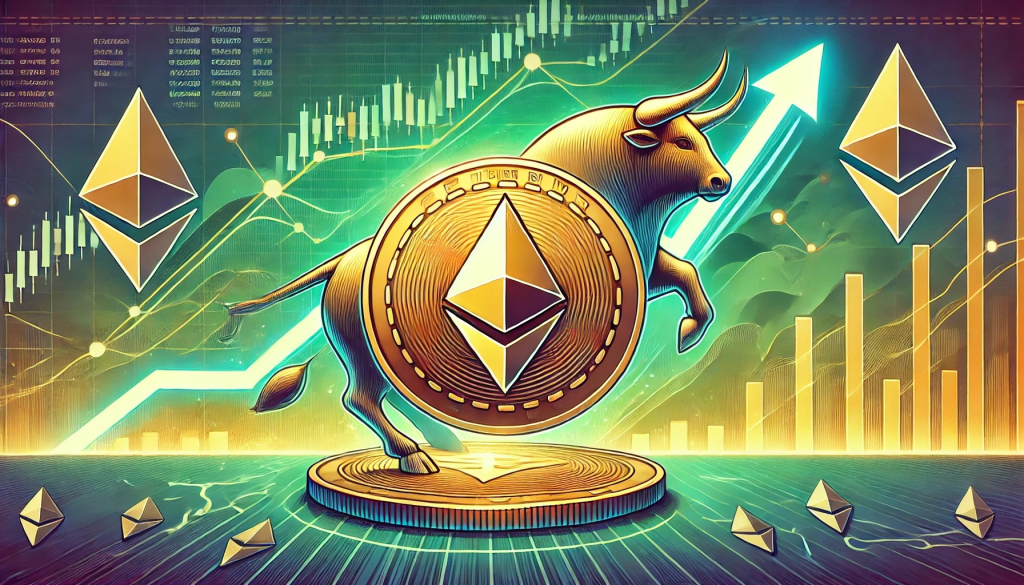
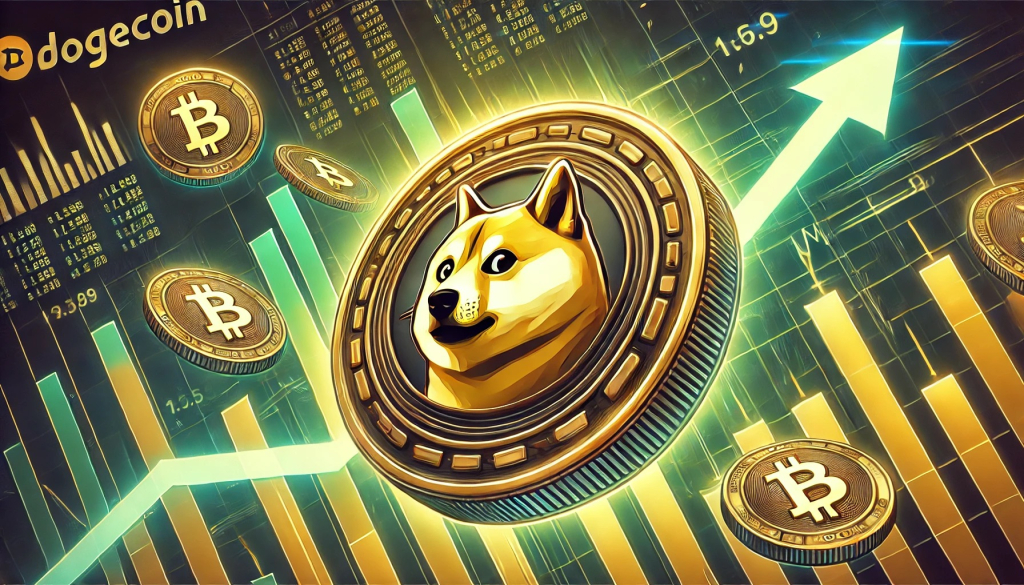
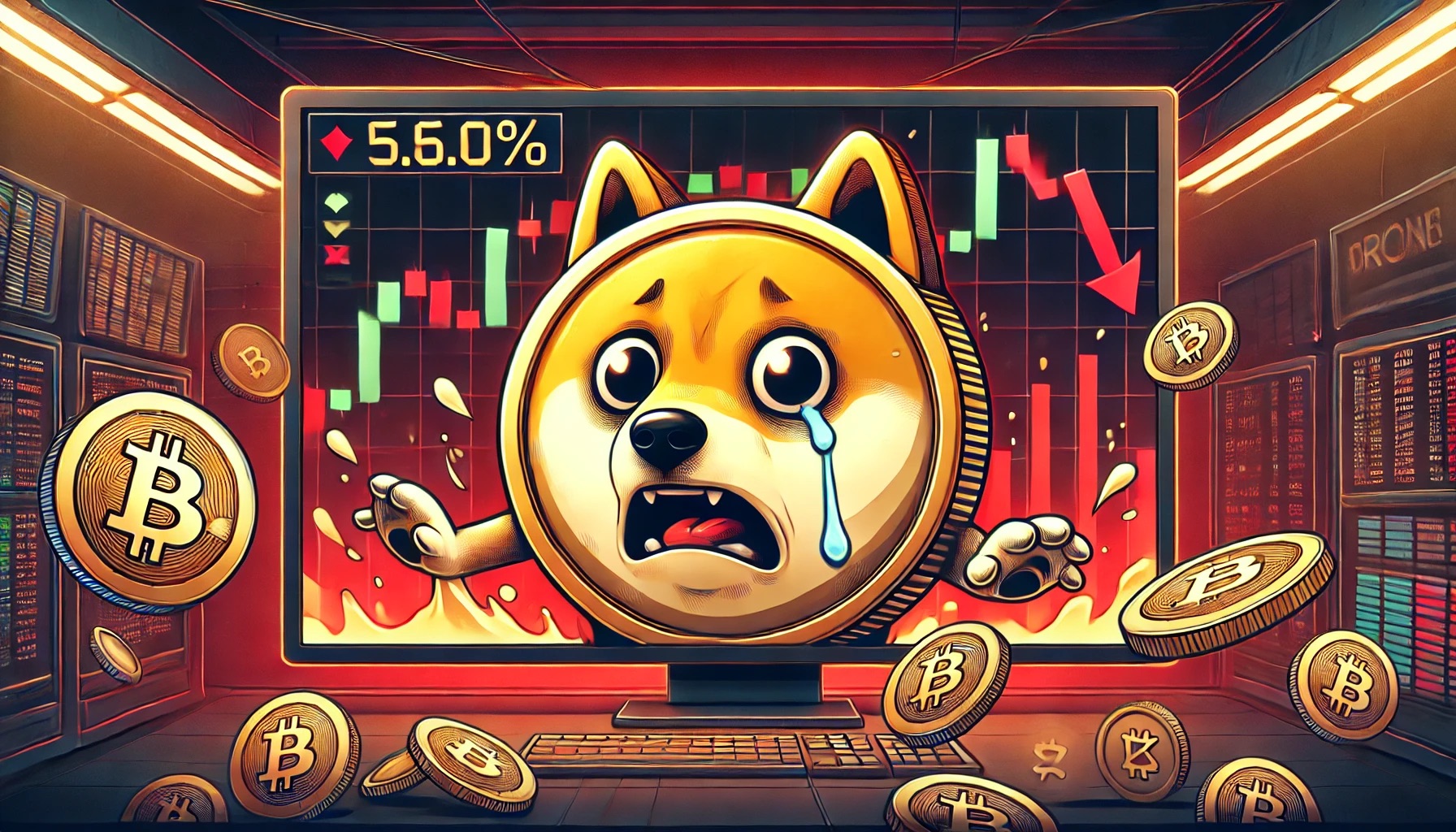

Comment 0